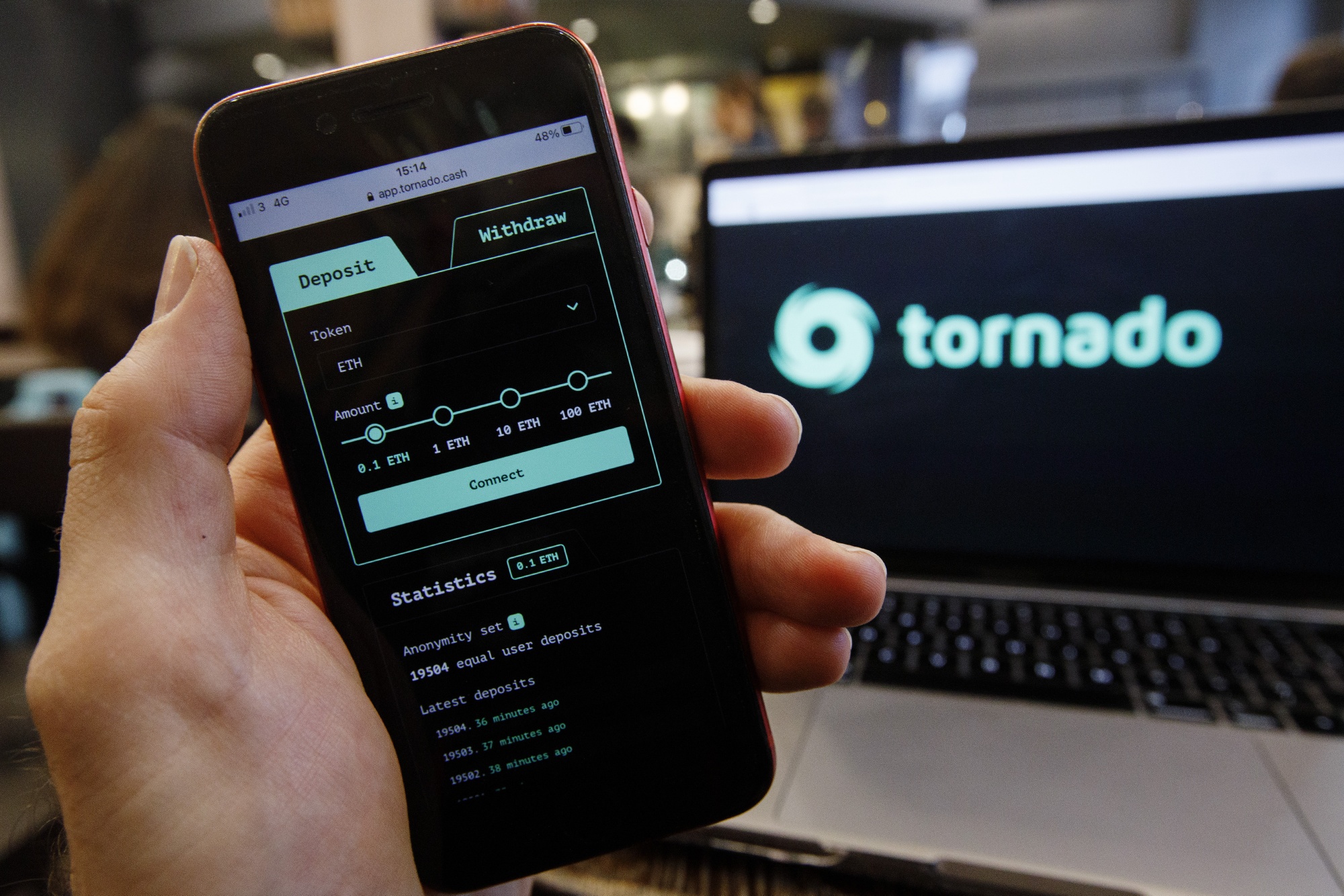In the ever-evolving landscape of decentralized finance (DeFi), the concept of financial sovereignty has taken center stage. DeFi crypto enthusiasts have witnessed the meteoric rise of DeFi apps and platforms, which have provided them with unprecedented financial autonomy. However, recent developments surrounding the ban on Tornado Cash Ban Free Speech, a popular DeFi cryptocurrency project, have raised critical questions about free speech and the boundaries of regulatory intervention in the DeFi space.
The Rise of Decentralized Finance:
The emergence of decentralized finance, or DeFi, has revolutionized the traditional financial industry. DeFi platforms have introduced a new era of financial inclusivity by allowing users to access financial services without the need for intermediaries. These DeFi apps and platforms offer a wide range of services, from lending and borrowing to trading and yield farming, all powered by DeFi crypto currencies.
Tornado Cash: A Pioneering DeFi Cryptocurrency Project:
Tornado Cash, one of the top DeFi platforms, has gained immense popularity for its innovative approach to privacy and anonymity. This DeFi crypto app offers users the ability to make confidential transactions on the Ethereum blockchain, shielding their financial activities from prying eyes. However, the project’s commitment to anonymity has raised concerns among regulators.
The Tornado Cash Ban:
In recent months, regulatory authorities have taken a closer look at DeFi investments, particularly DeFi cryptocurrency projects like Tornado Cash. The ban on Tornado Cash represents a significant shift in the regulatory landscape, as authorities attempt to grapple with the rapid growth of DeFi platforms.
Free Speech Implications:
The Tornado Cash ban has ignited a free speech battle within the DeFi community. Advocates argue that DeFi platforms should uphold the principles of financial freedom and autonomy. They contend that the ban infringes upon these principles, stifling innovation and limiting the right to privacy.
The Controversy Surrounding Decentralization:
Decentralization lies at the core of the DeFi movement, with users embracing it as a means to escape the confines of traditional financial institutions. However, the ban on Tornado Cash has raised questions about the limits of decentralization in the face of regulatory pressure.
The Role of Upcoming DeFi Projects:
As the DeFi space continues to evolve, upcoming DeFi projects must navigate the shifting regulatory landscape carefully. These projects must balance innovation with compliance to ensure the long-term sustainability of DeFi crypto app and platforms.
Striking a Balance:
The battle between free speech and regulatory intervention is not unique to the DeFi space, but it holds particular significance given the principles upon which DeFi platforms are built. Striking a balance between innovation, privacy, and compliance remains a challenging task for DeFi developers and the broader community.
The Future of DeFi:
The outcome of the Tornado Cash ban and the ensuing free speech battle will undoubtedly shape the future of DeFi. It will determine whether DeFi platforms can continue to provide financial autonomy and privacy while coexisting with regulatory frameworks.
In the world of decentralized finance, DeFi apps and platforms have provided users with unprecedented freedom and control over their financial assets. However, the Tornado Cash ban has ignited a free speech battle that underscores the challenges faced by the DeFi community in balancing innovation with regulatory compliance. As upcoming DeFi projects aim to navigate this evolving landscape, they must remain vigilant in upholding the principles of financial sovereignty while respecting the need for responsible and lawful practices within the industry. The future of DeFi hinges on this delicate balance, and it remains to be seen how it will ultimately unfold.




